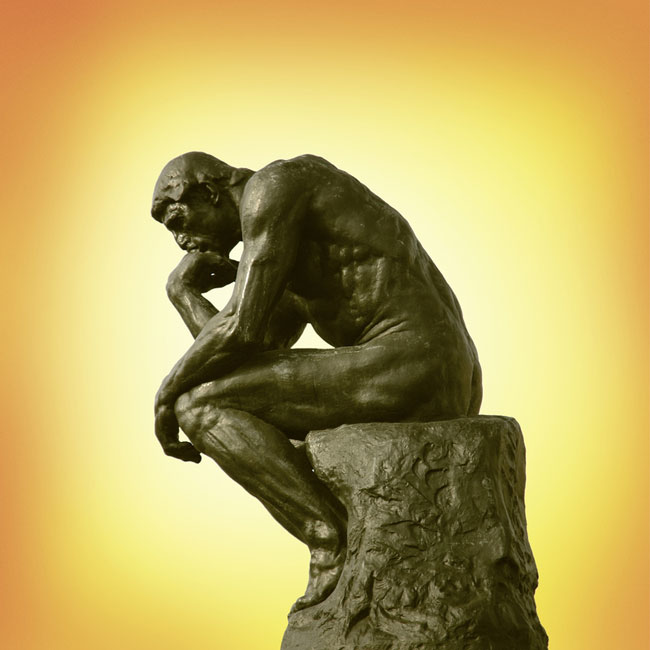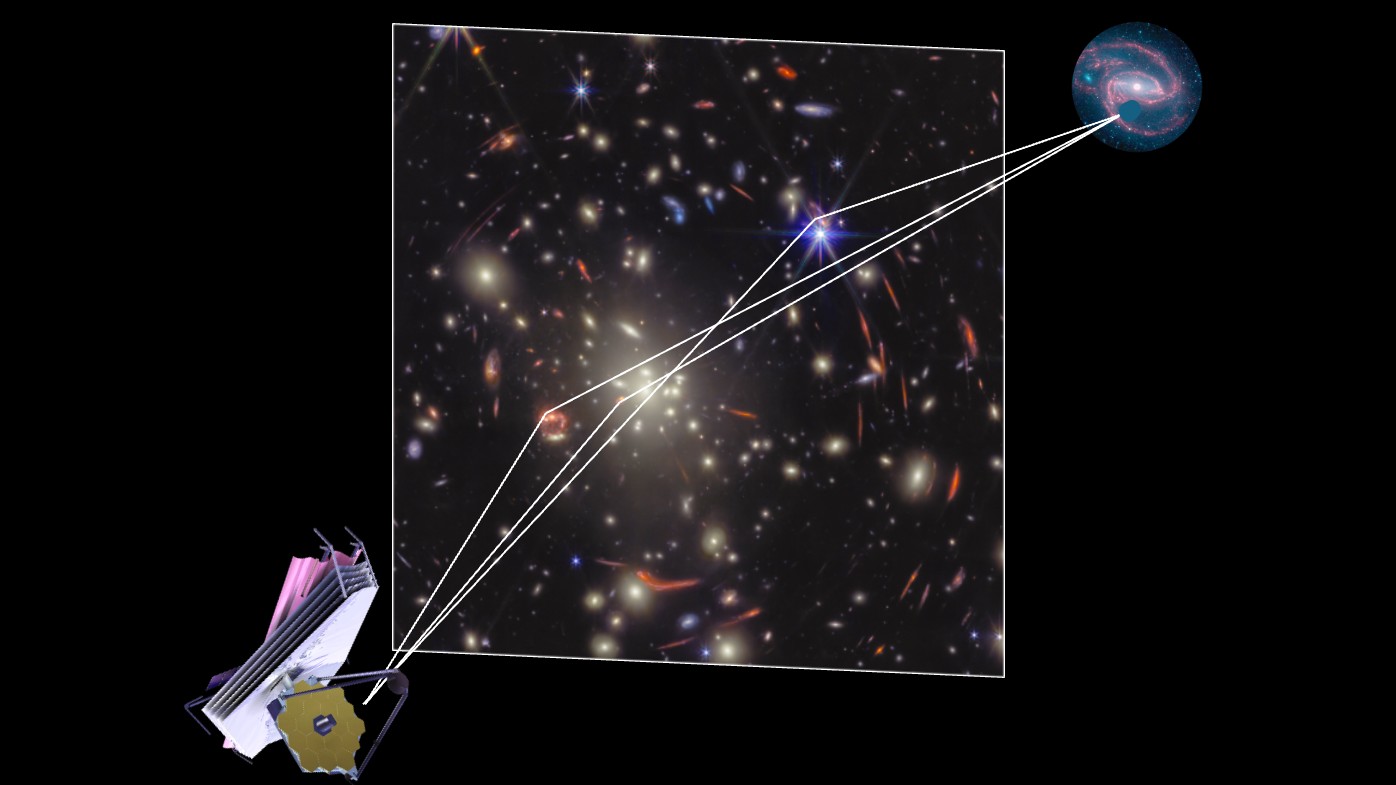Wisdom: We Still Don't Get It

There is more information than ever at our fingertips, yet we’re none the wiser it seems.
And many old people are wise, as most of them will tell you, but sometimes they can’t remember your name, so how smart is that?
It’s paradoxes like these that lie at the heart of a new $2 million research project called Defining Wisdom. Based at the University of Chicago, the four-year initiative, supported by the Templeton Foundation, has enlisted 23 scholars ranging from historians to economists to psychologists to computer scientists to examine the idea of wisdom, with the aim of cultivating it and better understanding its nature.
Definitions of wisdom are all over the map, even among the funded scholars interviewed for this story. The communications scientist says wisdom involves intelligence that is sensitive to the needs of others and makes a good use of judgment. The computer scientist says wisdom involves being able to quickly access information from compressed datasets. And the historian refuses to impose a definition and prefers to draw it out of the historical contexts she studies.
None of these three researchers seems to be willing to state whether wisdom today is greater or less than it used to be, but each is taking a stab at seeing how wisdom can be understood and measured. Shaking things up Earthquakes, of all things, have offered significant opportunities for society to figure out what constitutes wisdom, says Barnard College’s Deborah Coen, who studies the history of science and is interested in wisdom as the capacity to navigate the rough waters between technical expertise and what the rest of us know and experience. As such, wisdom is more than commanding facts, aka knowledge. Coen’s new research will focus on how lay people’s observations helped scholars and others make sense of earthquakes during a period from 1857 to 1914. This era was the "hey-day of human observation of earthquakes," Coen said, in a time before mechanical detectors of earthquakes were reliable. Scholars of the time thought it was imperative to observe earthquakes scientifically, and relied on eyewitnesses to answer questions about an earthquake’s duration. At the same time, though, some thinkers ironically believed that people who experienced earthquakes repeatedly had their rationality destroyed, leaving them desensitized to the experience and, in a way, incapable of contributing to higher science or culture. So a "science of the lay people" flew in the face of one's fear of the natural world. A contradiction emerged between common sense and scientific experts who redefined a modern form of wisdom — in this case about earthquakes. Nowadays, lay people are mostly excluded from the scientific process, but in the late 19th century, there was a "moment of opportunity for collaboration, negotiation and communication between experts and lay people. Experts needed lay people’s eyes ears and hands," Coen said. There is no more or less wisdom today about earthquakes than before, but we have missed an opportunity, she said, (although a scientist today would surely claim there is a lot more knowledge about temblors). "We have cut off options for ourselves," Coen said. "The technocratic age has limited the modes of communication between experts and lay people." Compression and computers Historians cannot quantify wisdom, Coen says, but that is exactly what Ankur Gupta, a computer scientist at Butler University in Indiana, is trying to do. His latest project investigates data compression, which is the process that takes, for instance, a high-fidelity digital music file and reduces it to a much smaller mp3-format file that you can play on your iPod or other music player. The data has been reduced but the file still sounds like the original to most listeners. "The goal is to try to use data compression as a mathematical measure of wisdom," Gupta said. You might think that’s fine for music. But what about digitizing the entire universe, or one’s perception of it at least, and then trying to see what information is contained in that digital representation? Data compression, and the organizing and sorting of the data involved in that process, would be an approach to getting at what the information contained in such a digitized world. "The process of data compression is the process of categorizing the information that is there," Gupta said, adding that the wisdom achieved is implicit. "I may not tell you what that wisdom is in an explicit form, but I’ll give you a compressed representation of that wisdom. Then I’ll allow you to search that compressed representation very quickly." How fast can you find your scissors? The project also will deal with the speed of wisdom. Sherlock Holmes is a good metaphor for the project goals in that case. "If you go back and read Sherlock Holmes tales, he does not make every decision in a purely logical way," Gupta said. "He employs some undefined cognitive process along with logic … Moreover, the value of what he does it would be irrelevant if he gave you the answer 40 years later." Holmes' genius was partly his ability to access compressed data quickly, one might argue. But to bring the notion of compression to everyday life, a scientific assessment of any one person's wisdom would be "tough," Gupta said, because you’d have to digitize someone’s entire life experience via interviews and other approaches. Even those approaches would be biased by the interview questions and other contextual issues, like what the person ate that day, the lighting and so on. "I think the wisdom that I’m talking about isn’t as much about human experience but more about how to deal with the massive amount of data that we have available," he said. Understanding that data may lead to better compression. "It's a compelling goal to attempt to quantify wisdom in any domain, even if the initial approaches in this project may not be immediately applicable to readers," Gupta said. You know it when you hear it Here’s another paradox about wisdom — the elderly are the wisest people on Earth because they’ve been around so long. Or so many people say. But as we age, our mastery of language starts to drop and many of us sound, to be frank, more stupid. Our sentences get shorter. Our grammar tends to decline. And we have trouble recalling … what is the word? … vocabulary. And proper nouns. These troubles are no joke for people who lose their ability to convey their thoughts, a condition called aphasia. This often happens to people who suffer strokes. But for most people with healthy minds, cognitive decline is as inevitable as taxes and that other thing. So Jean Gordon of the University of Iowa, a communications scientist who has done a lot of work in the past on aphasia, plans to use the Templeton money to study how our perception of wisdom varies with how others use language and how that relates to age. She will use a variety of language measures to test this on 48 subjects, varying such things as the age of speakers and what they speak about. Wisdom is in the ear, or really, the mind, of the beholder, she says. More knowledge about wisdom is perceived and passed on can help medical providers assist people with language use disorders. "People’s perceptions are very tied up in speakers' competence with language. It's the way that we maintain social connections and maintain our identity," Gordon said.
- Video – A Turn-Off Switch for Alzheimer’s
- The Amazing & Mysterious Human Mind
- Vote: The Greatest Modern Minds
Get the world’s most fascinating discoveries delivered straight to your inbox.
Robin Lloyd was a senior editor at Space.com and Live Science from 2007 to 2009. She holds a B.A. degree in sociology from Smith College and a Ph.D. and M.A. degree in sociology from the University of California at Santa Barbara. She is currently a freelance science writer based in New York City and a contributing editor at Scientific American, as well as an adjunct professor at New York University's Science, Health and Environmental Reporting Program.
 Live Science Plus
Live Science Plus






